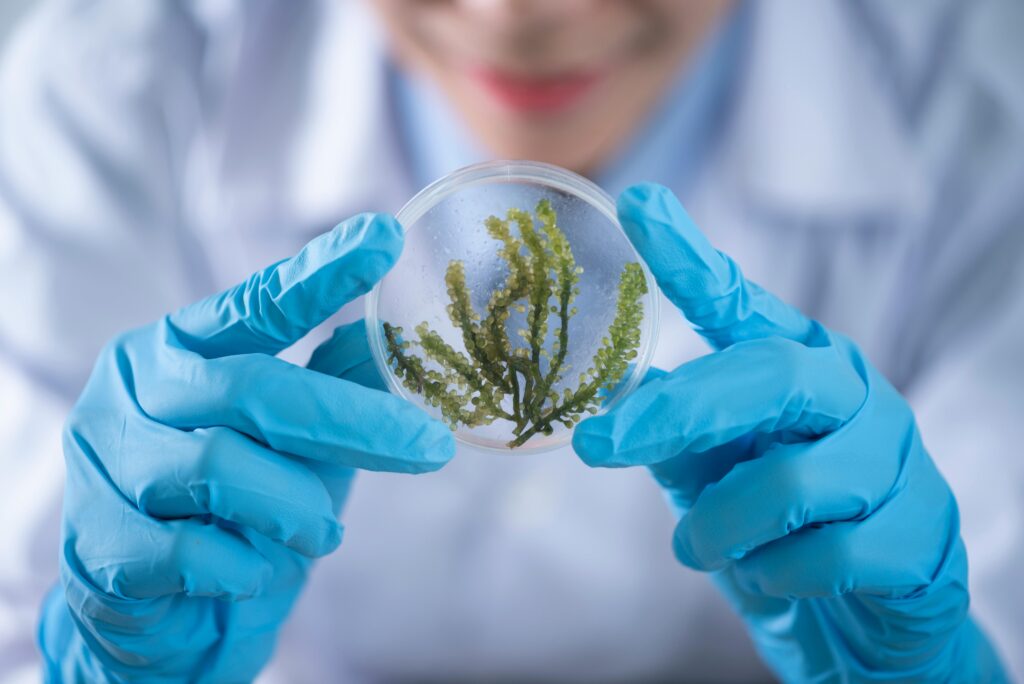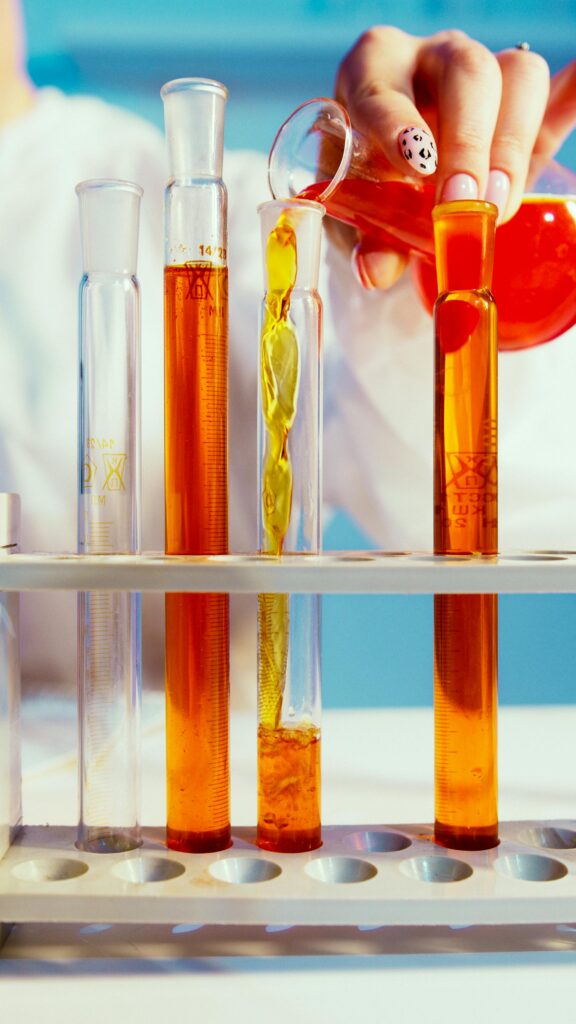Have you ever noticed how the same perfume can smell completely different on someone else? This fascinating phenomenon isn’t just your imagination at work. The way perfume interacts with our senses and bodies can cause a variety of experiences, making personal fragrance something utterly unique to each individual.

What Is Perfume Made Of?
To grasp why perfumes emit different scents on different people, it’s crucial to understand what constitutes a perfume. Perfume is a blend of aromatic compounds, essential oils, solvents, and fixatives. These components come together to create a pleasant and sometimes complex scent profile.
Aromatic Compounds
Aromatic compounds, usually derived from natural sources like flowers, fruits, spices, herbs, and woods, are the primary components giving a perfume its distinct smell. These compounds can also be synthesized to mimic natural scents or create entirely new fragrances.
Essential Oils
Essential oils are concentrated extracts from plants, each carrying its unique aromatic properties. They add complexity to the perfume, blending well with other ingredients to contribute to a rich scent profile.
Solvents and Fixatives
Solvents like alcohol help dissolve aromatic compounds and essential oils, making it easier to apply the perfume to your skin. Fixatives help the scent linger longer by slowing down the evaporation process. Together, they ensure the perfume maintains its intended aroma over time.
The Chemistry of Skin
Here’s where things get interesting. Your skin isn’t just a passive surface; it actively interacts with perfume ingredients. Various factors can affect how a fragrance develops after it’s applied.
Skin pH Levels
The natural pH level of your skin can influence how perfume reacts. Skin’s pH can range from 4.5 to 5.5. If your skin tends to be more acidic or more alkaline, it can alter the way a fragrance smells. Perfumes often have an optimal pH for which they are formulated, and deviations from this can cause the scent to change.
Skin’s Natural Oils
Your skin’s natural oils play a massive role in scent development. Oily skin tends to hold fragrance longer but can also intensify scents, sometimes bringing different notes to the forefront. On the other hand, dry skin may lead to quicker evaporation, altering the scent’s initial impact and longevity.
Body Temperature
Your body temperature affects how quickly the fragrance evaporates. Higher temperatures can make perfumes dissipate faster, releasing top notes prominently and briefly. Conversely, cooler body temperatures might allow the fragrance to linger, providing more time for the base notes to emerge.
Environmental Influences
Beyond skin chemistry, environmental factors impact how a perfume smells on you and others.
Climate and Weather
Climate alters how a fragrance lives on your skin. In humid conditions, scents can expand and diffuse more rapidly, while dry air might cause perfumes to evaporate too quickly. Similarly, in warm weather, perfumes can become more pronounced, while in cold conditions, they may need extra warmth to develop fully.
Clothing and Surroundings
What you’re wearing and your surroundings can manipulate a scent. Fragrance can cling to fabrics and blend with other environmental odors, modifying its scent profile. The presence of other smells, whether soft or robust, can influence how a perfume is perceived.
Personal Influences
The body’s individual characteristics also determine how perfumes are experienced by different people.
Diet and Nutrition
Consuming spicy, fatty, or strong-smelling foods can affect your body’s scent. Habits and diet create subtle changes in skin chemistry that influence how perfumes develop. For instance, if you frequently eat garlic or onions, these aromas may subtly alter how a fragrance performs on your skin.
Hormonal Changes
Hormonal swings—resulting from stress, pregnancy, or menstrual cycles—can change body chemistry, which impacts how perfume smells. These fluctuations can make the same perfume emit different scents at various times.
Lifestyle Factors
Your lifestyle can also dictate how perfume smells on you. If you smoke, the chemicals can alter the composition of the fragrance. Exercise and sweat can intensify the current perfume notes, or possibly mute them due to chemical reactions they trigger with your skin’s oils.

Fragrance Notes and Structure
It’s useful to know how perfumes are designed to comprehend how they express differently across individuals.
Top, Middle, and Base Notes
Perfume composers create compositions using notes that are classified into top, middle, and base categories.
-
Top Notes: They are the initial impressions, comprising light molecules that evaporate quickly, lasting mere minutes.
-
Middle Notes: Also called heart notes, they provide the main body of the scent and last several hours.
-
Base Notes: These notes are richer and heavier, providing depth; they linger the longest and often remain after others fade.
Note Interactions
The interaction of these notes with each other and with personal body chemistry contributes to a perfume’s unique trajectory. The different rates of evaporation and blending with skin determine how each note is perceived, creating a distinct scent experience.
Choosing the Right Scent for You
Armed with this knowledge, how can you choose a perfume that suits you best?
Know Your Skin Type
Understanding your skin type—whether it’s oily, dry, or balanced—can guide you in selecting a perfume with appropriate notes and intensity. For instance, someone with dry skin may opt for a fragrance with deeper base notes to compensate for quicker evaporation.
Test Before You Commit
Testing a perfume is vital. Apply a small amount on your wrist and allow it to develop over an entire day. Observe how the scent evolves and settles. Pay attention to how it starts with top notes and eventually reveals its base notes.
Consider Your Environment
Think about where and when you’ll be wearing the perfume. What works well during a hot summer day may feel overwhelming in a small winter space. Similarly, your work environment might necessitate lighter fragrances compared to what you might select for a night out.

Making Perfume Last Longer
Wouldn’t it be fantastic to find a way to make that perfect perfume last all day? Here are some insider tips.
Moisturize First
Apply an unscented moisturizer before spraying perfume. This will create a hydrated layer that latches onto fragrance molecules, aiding in their retention.
Target Pulse Points
Spray perfume on the pulse points: wrist, neck, behind ears, and inside elbows. These warm areas help diffuse and enhance the scent.
Don’t Rub
After applying, resist rubbing your wrists together or pressing them to your neck. This action breaks down the molecules faster, altering the scent and reducing its longevity.
Simple Hacks for Perfume Enthusiasts
If you’ve ever been overwhelmed by scent choices or apply one too much, these hacks can come in handy.
Using Fragrance-Free Base
Enhance perfume’s staying power by using fragrance-free lotions or oils as a base. They’re excellent at providing the necessary grip for fragrances without competing with the scent.
Layering with Similar Scents
Consider layering your perfume with matching body washes, soaps, or lotions. This not only strengthens the scent but also ensures harmony in your aromatic bouquet.
Storing Your Perfume
Proper storage impacts how long your perfume maintains its integrity. Keep your bottles in a cool, dim place away from direct sunlight. High temperatures and light exposure can alter the chemical structure, diminishing the fragrance’s quality.
Summary
It’s likely surprising how many different factors can influence how a perfume smells on different people. From skin’s natural oils and pH levels to environmental conditions and personal lifestyle choices, the array of influential factors makes selecting and wearing perfume an art as much as a science. By considering all these elements, you can better understand and appreciate the complex dance between fragrance and chemistry. So, next time you catch a whiff of your favorite perfume on someone else and it smells different, remember—it’s not just the perfume; it’s the unique symphony of scents shaped by the individual wearing it.




